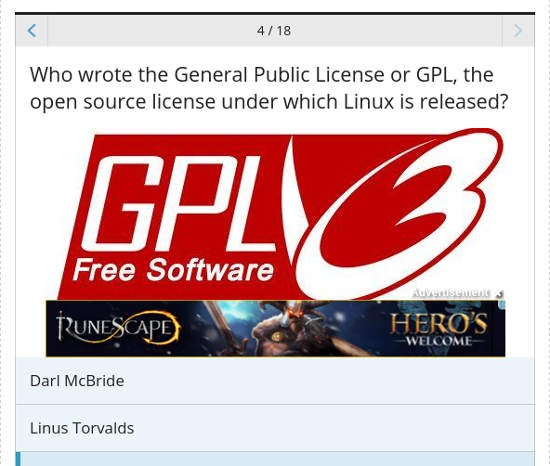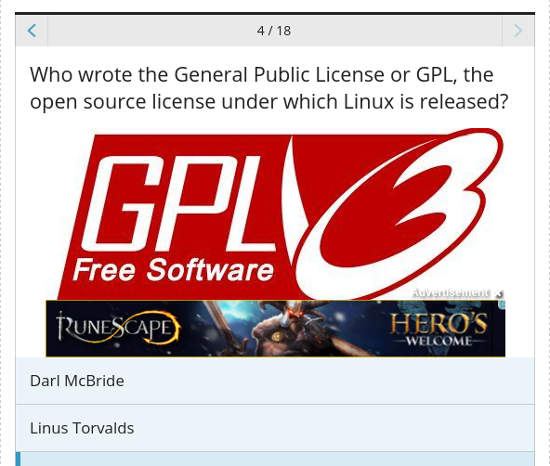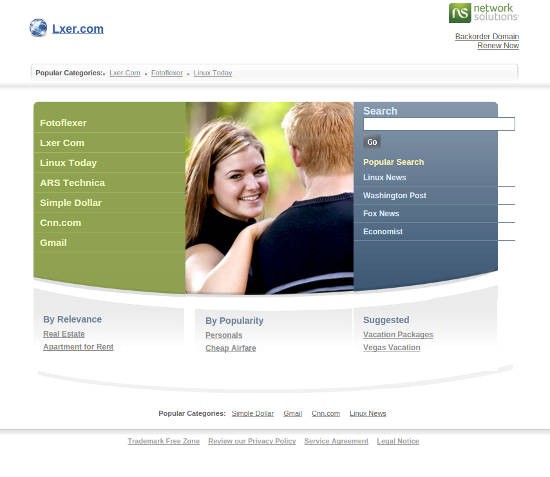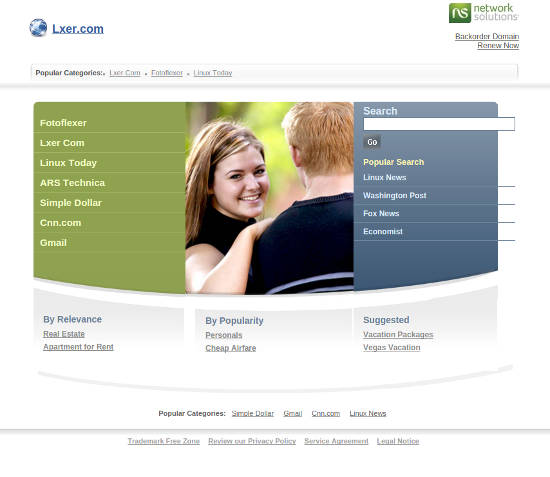The tracking policies of the major online advertising networks are threatening the future of free content on the Internet.
Back in the late 1980s, cigarette smoking was permitted in supermarkets where I live, but there was a move afoot — a ballot issue I believe — to put an end to that. At the time I was doing a four hour daily stint at the local newstalk radio station, and the proposed ban was, of course, a major topic of on-air conversation with our listeners. Pretty much, most of our audience was against the ban, as we have a sizable and vocal minority — maybe a majority — of folks here in North Carolina who think they should be able to do whatever they like, whenever they like, without much regulation. There was something of a consensus among our listeners that smoking or no should be up to the store owners.
 Officially, the supermarket chains were against the proposal as well, probably both to placate their smoking customers and because North Carolina shares a long history with tobacco and attacking tobacco in any way was akin to attacking mom’s apple pie. Also, in these parts, upper management tends to oppose any regulation as a knee jerk reaction. The supermarket chains’ official support of “smokers’ rights” was, of course, often cited by listeners when they’d call-in to offer their two cents worth.
Officially, the supermarket chains were against the proposal as well, probably both to placate their smoking customers and because North Carolina shares a long history with tobacco and attacking tobacco in any way was akin to attacking mom’s apple pie. Also, in these parts, upper management tends to oppose any regulation as a knee jerk reaction. The supermarket chains’ official support of “smokers’ rights” was, of course, often cited by listeners when they’d call-in to offer their two cents worth.
During that time, I was talking to an acquaintance who managed a Harris Teeter store on the west side of town — a smoker, by the way — who told me that he hoped the ban would be put in place.
“We all do,” he confided.
**
If you value this kind of coverage, please consider supporting our work through our FOSS Force Independence 2026 fundraiser.
**
He told me he had friends who managed stores for Kroger, Food Lion and some of the other chains.
“We’d all like to ban smoking in our stores,” he said. “It’s dirty, it stinks, and careless smokers are always putting burns in packaging or dropping ashes onto the produce. But if one of us makes the first move and establishes a no smoking policy, we’ll make customers mad and lose them to the other chains. If they just pass a law, then we’re good. Smoking won’t be allowed anywhere, so customers who smoke won’t feel compelled to move to the competition.”
That’s exactly how it is with Internet advertising and privacy issues.










 A helpful tip for those coming of age as a Linux Advocate: Temper your rhetoric when explaining just how much Microsoft sucks. It’s easy to come off as a wild-eyed zealot. These are lessons in advocacy learned rather quickly. And yeah…, that whole wide-eyed zealot thing? It didn’t work out so well for me. Nor will it for you.
A helpful tip for those coming of age as a Linux Advocate: Temper your rhetoric when explaining just how much Microsoft sucks. It’s easy to come off as a wild-eyed zealot. These are lessons in advocacy learned rather quickly. And yeah…, that whole wide-eyed zealot thing? It didn’t work out so well for me. Nor will it for you.


 Officially, the supermarket chains were against the proposal as well, probably both to placate their smoking customers and because North Carolina shares a long history with tobacco and attacking tobacco in any way was akin to attacking mom’s apple pie. Also, in these parts, upper management tends to oppose any regulation as a knee jerk reaction. The supermarket chains’ official support of “smokers’ rights” was, of course, often cited by listeners when they’d call-in to offer their two cents worth.
Officially, the supermarket chains were against the proposal as well, probably both to placate their smoking customers and because North Carolina shares a long history with tobacco and attacking tobacco in any way was akin to attacking mom’s apple pie. Also, in these parts, upper management tends to oppose any regulation as a knee jerk reaction. The supermarket chains’ official support of “smokers’ rights” was, of course, often cited by listeners when they’d call-in to offer their two cents worth.